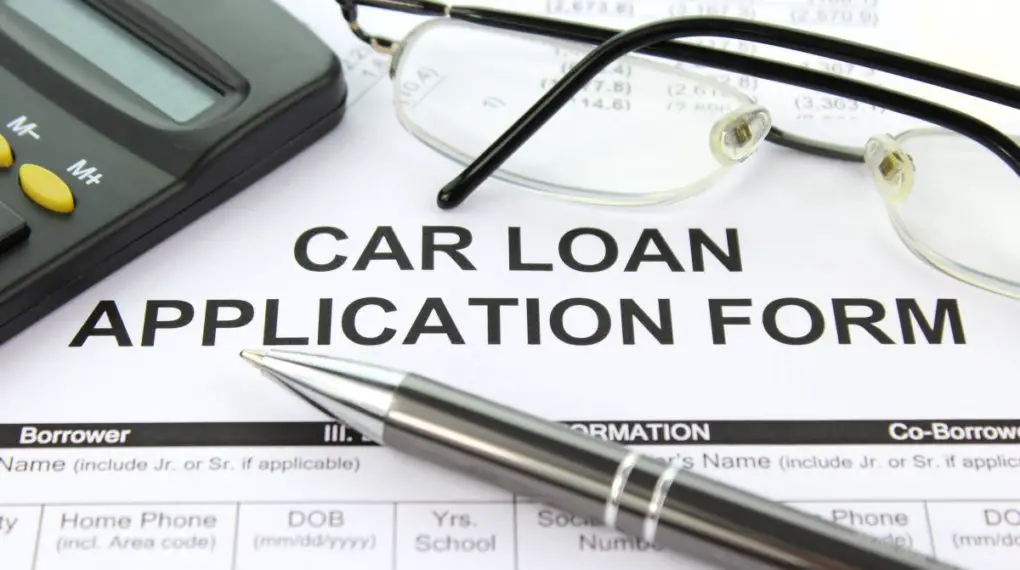Are you thinking of taking out a loan to help finance your next car? Buying a car is a big step and it’s important to ask the right questions in order to make an informed decision before you commit to any kind of financing. The last thing you want is to be left with a repayment plan that you simply cannot afford and find yourself in financial trouble.
While some people might recommend that you lease your car, buying is still the most popular option for most people. In fact, there’s really no better feeling than driving off the lot in your new vehicle, knowing that you have something of value behind you, no matter what happens. With the right financing to back you up, you will be in a better position to stay on top of your financial obligations and take the right steps towards paying off your loan over time.
Let’s take a look at some of the important questions you should ask when requesting a loan from your financial provider when buying a vehicle.
How is Your Credit Rating?
If you choose to finance a car from Latitude Finance or another financial institution, you will need to ask yourself whether your credit rating supports your financial goals and repayment plan. It’s important to consider your current financial position honestly and give due consideration to your ability to repay your loan.
Is Your Budget Sufficient?
You may be surprised to hear that your lender is in the best position to help you make a decision when it comes to how much money to budget. Just because you qualify for a loan does not mean that you will find it easy to repay it. You will need to take into account your existing debt, cash flow, and any other expenses that you can eliminate in favour of repaying your loan. If in any doubt as to how much you should budget, speak with a financial provider and ask for their advice.
What Can You Realistically Afford to Repay?
It’s always a wise move to factor in any unexpected expenses that might impact your ability to fulfil your obligations in terms of repayments. For example, if you plan on spending every dollar you earn, then you are leaving yourself wide-open to problems in the future should anything out of the ordinary arise. As a general rule of thumb, you should feel safe if you still have at least 12% of your income left after making all your monthly payments.
How Much of a Down Payment Are You Going to Make?
A down payment will help you to make smaller monthly payments as well as paying less interest during the lifetime of the loan. If you were to take a loan of $30,000 to buy a new car at a 3% interest rate, paying a $10,000 down payment instead of $5,000 will lower your monthly car payment by $95. Moreover, it will save you a total of $750. That is what you would have paid if you had made a down payment of $5,000 and repaid the loan for a period of 5 years.
Do You Have Any Savings?
It is normal when taking out a loan that you might not want to touch any savings you might have nestled away for a rainy day. However, this is not always the best option because you will be losing more money on interest and repayment fees in the long run. By simply paying upfront or even by making the down payment upfront you could save yourself, in the above example, $750 interest that you would have to pay the lender back.
Consider All Costs When Budgeting For Your Car Loan
When buying a car, you need to account for maintenance costs as well as other fixed costs such as insurance premiums, fuel, and even parking fees. It’s easy to forget these day-to-day costs in the excitement of buying a new car, yet these costs become increasingly significant once you secure your new vehicle.
Knowing what to expect once you secure a loan and buy your new car will allow you to plan appropriately for the future. Ask the right questions when looking for financing and ensure that you get the correct information so you don’t find yourself in any financial difficulty in the future.
